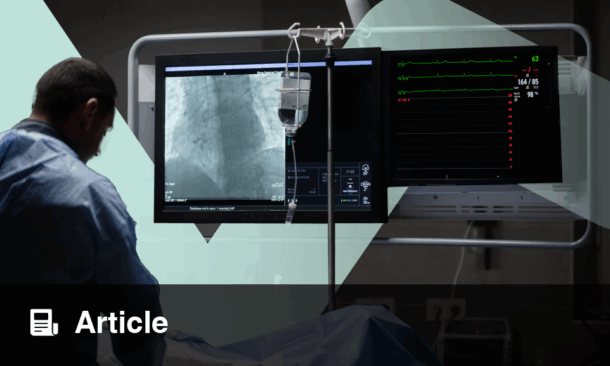DATA presented at PCR London Valves 2024 showed that caval valve implantation (CAVI) with the TricValve system demonstrates an acceptable safety profile and significant clinical benefits in highly comorbid patients with severe tricuspid regurgitation (TR), according to the TricBicaval registry’s one-year findings.
Severe TR poses a significant clinical challenge, particularly in patients deemed inoperable or unsuitable for conventional tricuspid valve replacement or repair. The TricValve system, a novel percutaneous therapy designed to address severe TR, seeks to eliminate venous backflow, reduce peripheral congestion, and enhance cardiac output. While prior studies suggested improved functional outcomes, real-world evidence was scarce. To bridge this gap, a multicentre registry involving 204 patients across 26 European and one Brazilian hospital was established. Participants had severe symptomatic TR and significant comorbidities, including renal dysfunction (71.1%) and prior pacemaker implantation (34.2%), with a TRI_SCORE, predicted in-hospital mortality, of 23.2%. Additionally, 60.8% of patients had experienced heart failure hospitalisation in the last 12 months.
In the study, the fluoroscopic time was 30 minutes, and intraprocedural success was 96.1%. Key outcomes included an in-hospital mortality rate of 8.3%, and a cardiovascular mortality rate of 15.7%. The most common complication was transient shoulder pain, reported in 47.1% of patients. The analysis also revealed a functional improvement in many patients, with 81.5% of patients were in New York Heart Association Class I or II, compared to 19.8% pre-procedure. Additionally, both the rate of of heart failure hospitalisations, and the mean diuretic doses significantly reduced. This was accompanied by positive right ventricular remodeling and sustained one-year reductions in inferior vena cava pressure. However, slight worsening of RV function was observed in echocardiographic parameters.
The findings indicate that the TricValve offers a viable therapeutic option for patients with severe, symptomatic TR who are ineligible for surgery. Clinicians can expect improvements in functional class, quality of life, and peripheral venous congestion at one-year. Future research should focus on refining patient selection criteria and expanding follow-up durations to establish its role in broader clinical practice.
Reference
Sanchez Recalde A et al. Bicaval TricValve in severe tricuspid regurgitation – One-year outcomes from the Tricbicaval registry. PCR London Valves, 24-26 November, 2024.








